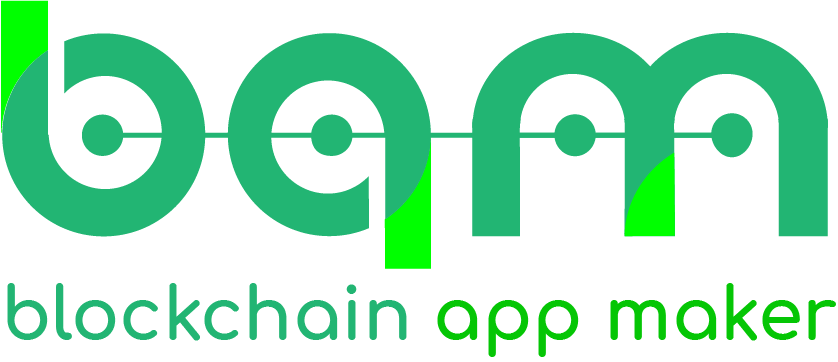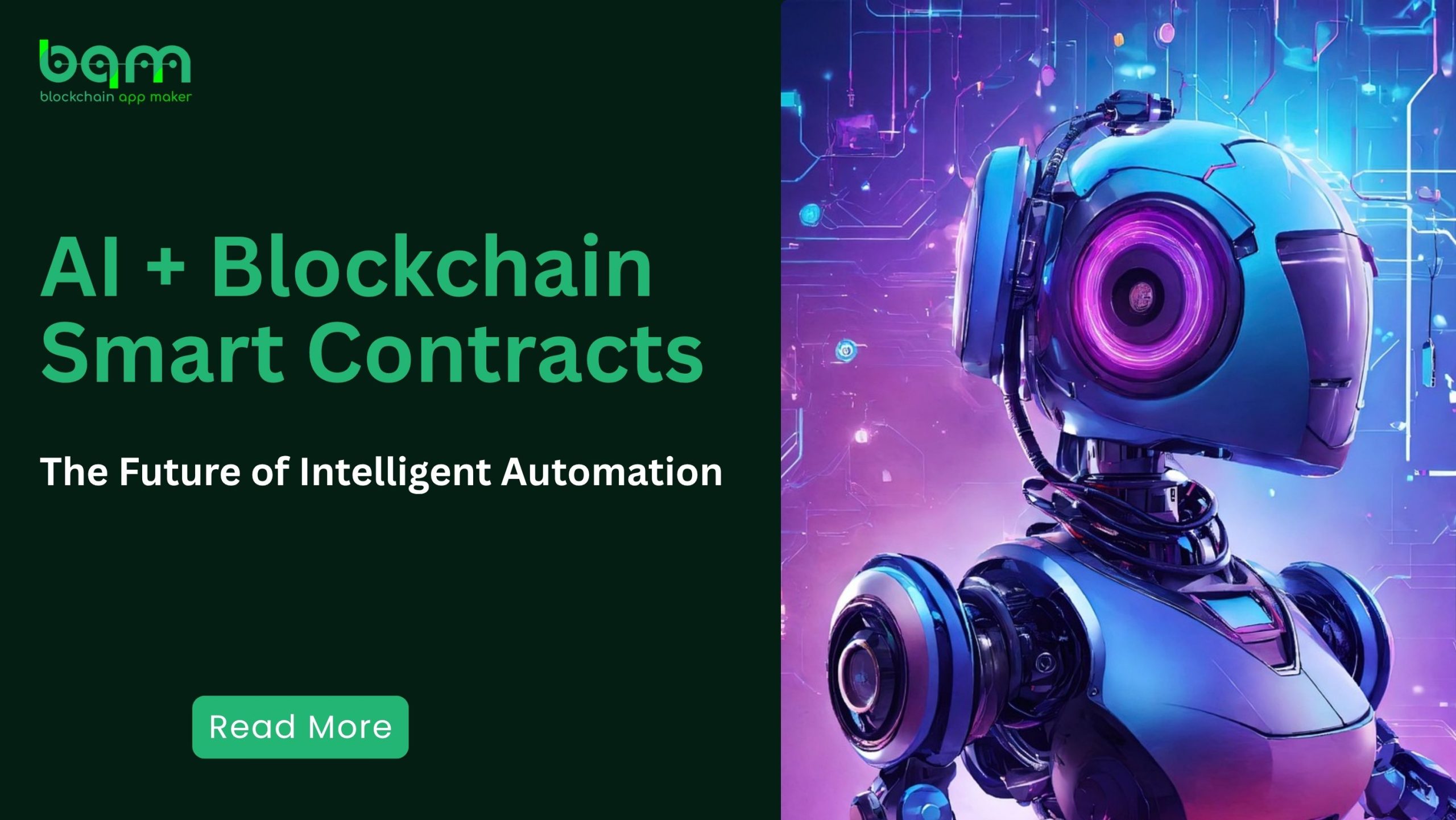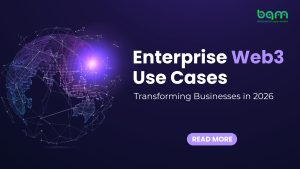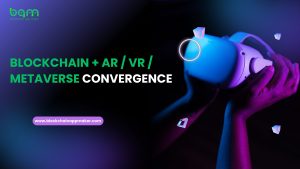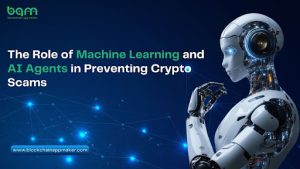Introduction: The Rise of AI-Powered Smart Contracts
Artificial Intelligence (AI), coupled with Blockchain Smart Contract, is transforming the digital contract sphere. These new-generation smart contracts are not any longer mere static scripts, but they are dynamic, flexible and can even make real-time decisions. In line with AI-driven smart contracts, businesses will be able to automate more complex agreements, improve the performance of the business based on real-time information and substantially minimize the human element.
As organizations seek smarter and more secure automation, the convergence of AI in blockchain development is quickly becoming a game-changing trend in sectors like finance, healthcare, logistics, and beyond.
What Are AI Smart Contracts?
Conventional smart contracts are computer-automated contracts written on a blockchain. They are secure and transparent, but not adaptable most of the time. AI smart contracts, on the other hand, integrate machine learning and data analysis to enable:
- Automatic updating of contract details in accordance with real time data (e.g. fluctuation in prices, weather data)
- Predictive analytics to predict risks or lack of performance
- AI agents can be smart decision-makers
- Natural language processing (NLP) to interpret the clauses of contracts in the contract more easily
These functions bring a new era of smart, self-optimizing contracts to decentralized platforms.
Real-World Use Cases of AI-Powered Blockchain Smart Contracts
- Financial Services: Dynamic Loan Agreements
Intelligent contracts are enhanced by AI, and the banks and DeFI could use them in order to alter the conditions of loans according to the credit score of borrowers or to the volatility of the market. An example is that a better credit risk profile of a borrower will result in the slashing of an interest rate automatically.
2. Supply Chain Management: Adaptive SLAs
AI smart contracts monitor real-time logistics data (e.g., GPS, IoT sensors) to enforce or renegotiate Service Level Agreements (SLAs) if delays or damage occur during shipment.
3. Healthcare: Insurance Claims Processing
Smart contracts enabled by AI would allow validating and processing health insurance claims in real-time based on an analysis of medical data and insurance policies factors, eliminating fraud and human interference.
4. Energy Trading: Smart Grid Automation
With AI, decentralized energy networks will be able to harmonize energy receives and send quantities, fluctuate cost indefinitely, and even automate financial transactions between estate owners and consumers in promptness.
How AI Improves Blockchain Smart Contracts
| Feature | Traditional Smart Contracts | AI-Enhanced Smart Contracts |
| Execution | Rule-based and fixed | Adaptive and data-driven |
| Input | Predefined conditions | Real-time and predictive data |
| Logic | Static | Dynamic and evolving |
| Use Cases | Limited to predefined events | Expands to uncertain and complex scenarios |
AI-powered blockchain systems go beyond automation—they enable optimization, prediction, and learning, making contracts smarter over time.
Building AI Smart Contracts: Frameworks and Tools
For developers and enterprises looking to build AI smart contracts, consider the following tools and frameworks:
- Chainlink Functions: Integrates off-chain AI data with smart contracts
- OpenAI API + Web3: For embedding natural language understanding
- Ocean Protocol: A decentralized marketplace for training AI with private data
- Hyperledger Fabric + AI: For enterprise-grade private smart contracts
- Ethereum + AI Oracles: Use machine learning models for input feeds
Ensure your development approach aligns with scalability, transparency, and data privacy, especially when integrating off-chain data into blockchain-based contracts.
Challenges and Considerations
While promising, AI in blockchain development brings a few challenges:
- Data Privacy: AI requires huge quantities of data, which will be in opposition to the transparency of blockchain.
- Scalability: AI processing using real-time may strain blockchain networks.
- Security: Smart contracts with AI need rigorous testing to prevent exploitation.
- Regulatory Uncertainty: Institutional structures capability of AI-enhanced contracts are not yet developed.
Working with a trusted blockchain development company can help navigate these complexities and build secure, scalable solutions.
Conclusion: The Road Ahead for AI + Blockchain
The AI and blockchain smart contracts are the next step in the advancement of the digital automation industry. By using self-learning agreements that react to events in the world, businesses will realize greater efficiencies, fewer risks, and accelerated breaking of new ground.
Now is the time to invest in AI smart contracts development to stay ahead in a rapidly digitizing economy. Regardless of whether you operate in the field of finance, supply chain, or healthcare these intelligent contracts will form the foundations of future-proof operations.
Ready to Build Smarter Contracts?
At Blockchain App Maker, we specialize in AI-powered blockchain development to help you build intelligent, secure, and scalable smart contract solutions. Our team is able to develop a high-quality DeFi platform, or enterprise-level DApp using AI as a creative marketing tool.
